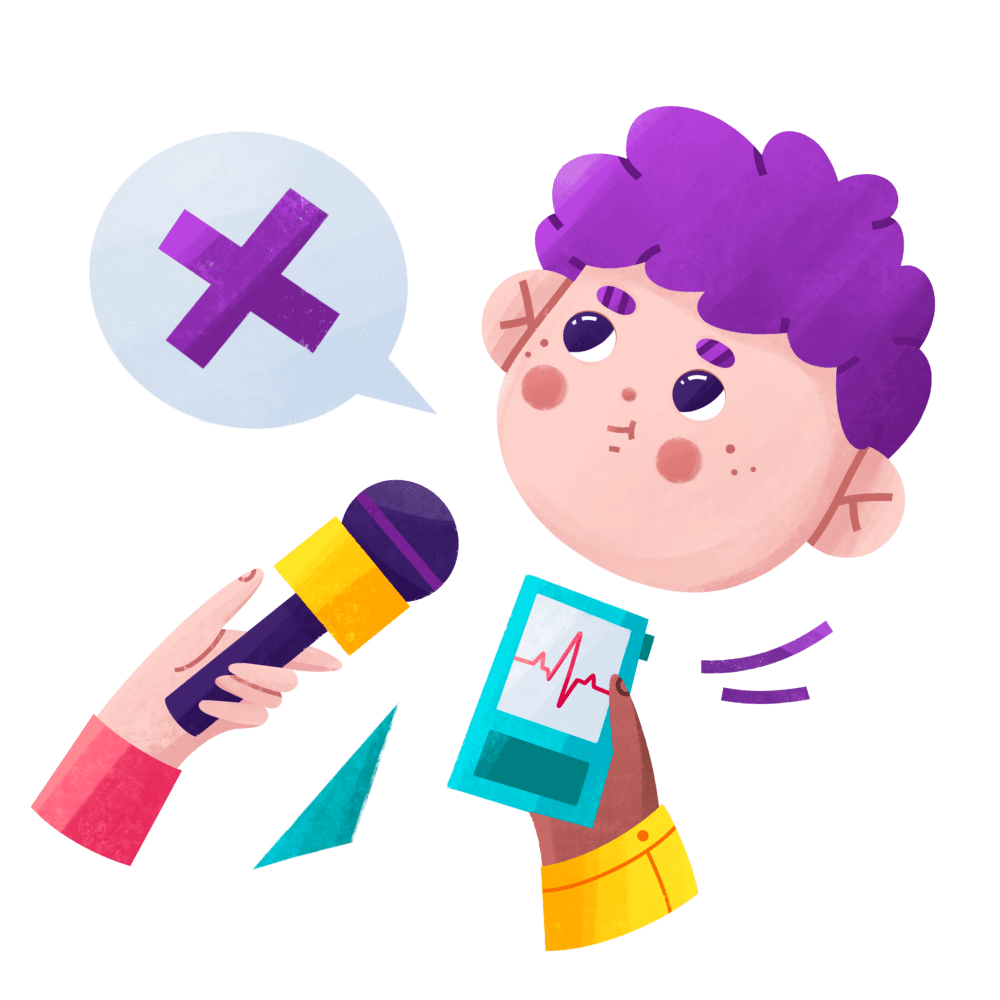Symbolism has long been a powerful vehicle for conveying complex ideas, emotions, and cultural values. Through the lens of psychoanalysis, symbols take on a new dimension. This article delves into the intricate relationship between symbolism and psychoanalysis, exploring how symbols serve as vessels for hidden meanings and unlocking the depths of the human psyche. The… Continue reading
Articles
Dostoyevsky, Freud’s Muse: Exploring the Roots of Psychoanalysis: Dostoyevsky, Freud’s Muse
Fyodor Dostoyevsky, the acclaimed Russian novelist, is often overlooked in the context of psychoanalysis. He played a crucial role in shaping the foundations of this psychological discipline. This article delves into the connection between Dostoyevsky’s literary works and the emergence of psychoanalysis. While laying the groundwork for Sigmund Freud’s revolutionary theories and making Dostoyevsky Freud’s… Continue reading
The Impact of Childhood Experiences and the Power of Transformation
Our early experiences shape the journey from childhood to adulthood. While these formative years undeniably shape our foundations, this article explores the transformative power of resilience and therapy‘s role in rewriting the narrative for those who faced adversity in their youth. Foundation of Personality Development Childhood experiences lay the groundwork for personality development. Positive encounters… Continue reading
How do Unmet Needs and Repressed Emotions affect mental health?
Embarking on a holistic exploration of mental health, this article delves into the interconnected realms of unmet needs and repressed emotions. Various therapeutic approaches, including cognitive-behavioral therapy (CBT), humanistic therapies, and psychoanalysis, offer diverse insights into addressing these complex challenges. Understanding Unmet Needs Unmet needs stem from societal expectations, cultural norms, interpersonal dynamics, and personal… Continue reading
Selective Mutism: Origins, Diagnosis, and Treatment
Selective Mutism (SM) is a childhood anxiety disorder characterized by the consistent inability to speak in specific social situations. This article provides a comprehensive overview of its origins, diagnostic criteria, and available treatment options. Origins of Selective Mutism SM often emerges in childhood and is associated with a combination of genetic factors, a shy temperament,… Continue reading
Understanding Generalized Anxiety Disorder: Diagnosis and Treatment
Generalized Anxiety Disorder (GAD) is a common mental health condition characterized by excessive worry and anxiety about various aspects of life. In this article, we will explore the diagnostic criteria for GAD and delve into effective treatment options. Diagnostic Criteria for Generalized Anxiety Disorder To receive a diagnosis of GAD, an individual must meet specific… Continue reading
Exploring Freudian Perspectives on Neurosis and Hysteria
Sigmund Freud, the father of psychoanalysis, made groundbreaking contributions to the understanding of mental disorders, particularly neurosis and hysteria. In this article, we delve into Freud’s theories surrounding these psychological phenomena, exploring through the lens of psychoanalytic principles. Neurosis According to Freud Freud defined neurosis as a condition where an individual experiences excessive anxiety without… Continue reading
Can therapy be helpful for weight loss?
Embarking on a weight loss journey often involves a difficult approach, and Cognitive Behavioral Therapy (CBT) stands out as a powerful tool in addressing the psychological aspects of weight management. This article explores the integration of CBT into therapy and how it contributes to achieving sustainable weight loss. Identifying and Restructuring Negative Thought Patterns CBT… Continue reading
Binge Eating Disorder: Understanding, Diagnosing, and Treating
Binge Eating Disorder (BED) impacts the lives of millions with its recurrent episodes of excessive food consumption and a profound sense of lost control. In this overview, we delve into the diagnostic criteria and explore the various treatment options, spotlighting the efficacy of Cognitive-Behavioral Therapy (CBT). Diagnostic Criteria Binge Eating Disorder is diagnosed based on… Continue reading
Decoding Bulimia Nervosa and Treatment
Bulimia nervosa is marked by recurrent binge eating followed by compensatory behaviors; this disorder permeates beyond the physical realm, affecting emotional and social well-being. In this comprehensive exploration, we delve into the eating disorder of bulimia nervosa, examining its causes, symptoms, and available treatment options and ensuring a thorough examination of the diagnostic criteria alongside… Continue reading









